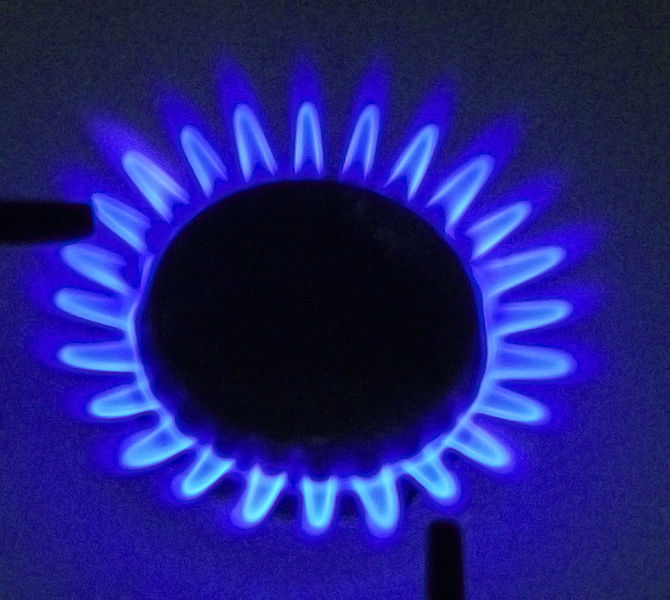A catering supply company based in Aberdeen has been fined £7,500 after a gas explosion in an Auchenblae hotel kitchen injured three people. With thanks to Kevin Burke.
 On June 25th, Instant Catering Maintenance (ICM), of Aberdeen’s Union Street, pleaded guilty to a breach of the Health and Safety at Work etc Act 1974 at a hearing at Aberdeen Sherriff Court.
On June 25th, Instant Catering Maintenance (ICM), of Aberdeen’s Union Street, pleaded guilty to a breach of the Health and Safety at Work etc Act 1974 at a hearing at Aberdeen Sherriff Court.
The court heard that on January 7th 2009, at the Drumtochty Arms on Market Square, a customer, a barmaid and one of ICM’s workers were seriously injured after a gas leak in the hotel led to an explosion.
At the time of the incident, ICM had been hired by the hotel to design and fit a new kitchen on the ground floor. This kitchen was to contain three propane-burning appliances – a four-ring hob, a hotplate range and a freestanding chargrill.
Barmaid Danielle Ormond was working at the bar on the date of the explosion. A customer complained about their drink, so she went down to the cellar to look into the complaint.
ICM employee Neil Coffield was in the process of purging the gas system as Ms Ormond went through the kitchen, while customer James Guthrie was smoking a cigarette in the courtyard near the kitchen door. Ms Ormond reported that she smelled gas as she went through the kitchen.
The explosion then occurred, seriously injuring all three people.
The blast was so serious that part of the building immediately collapsed, preventing Health and Safety Executive (HSE) investigators from entering the premises and leading Aberdeenshire Council to issue an emergency demolition order.
Later investigations revealed that ICM had created and fitted a steel manifold, which was used to transfer propane to gas appliances. This manifold had not been fitted to a facility that enabled the safe purging of gas systems – if it had been, the dangerous build-up of propane gas would not have occurred.
he had been told to check the system was working by lighting it
The HSE eventually recovered and examined the gas appliances, and found that the chargrill did not have a regulator fitted, and that the hob and hotplate’s regulators were set for natural gas instead of propane. Another ICM employee had attached these regulators.
Gas appliances must be fitted with regulators to ensure they have the right pressure, and propane-fuelled appliances must have a properly-converted regulator.
Mr Coffield said that he had noticed one of the appliances was missing a regulator and that he had been told to check the system was working by lighting it. He elected to purge the system to do so and removed the air from the pipe work in order to replace it with propane – an activity he was certified to do so and able to perform competently.
The system had not been fitted with an adequate purging point, however, and the pressure testing valve was therefore left open for longer than necessary. Mr Coffield had not been given a flare stack, and was unable to safely dissipate any gas he released. Instead, he opened the test port repeatedly while attempting to light the pilot light.
The court proceeded on the basis that ICM’s failings caused some of the gas in the hotel kitchen to be released, as Mr Coffield’s actions alone were not believed to account for the build-up of all the gas involved in the incident or the explosion.
Niall Miller, Principal Inspector for the HSE, called the incident both “very serious” and “entirely avoidable”.
He said the risks involved in purging LPG gas systems without the necessary equipment are “well-known”, and that industry guidance clearly states that flare stacks are required when workers are dealing with propane or any other gas that is heavier than air.
Furthermore, purging systems such as the one in the Drumtochty Arms should be performed by at least two people, the HSE inspector stated.
Contributed by Kevin Burke on behalf of 247 Home Rescue